sources of antioxidants
Date:2019-04-09Views:1051
Dietary sources of antioxidants play an important role in one's overall health. The reason is due to the fact that the human body needs more antioxidants than it has the ability to produce. Free radicals multiply very rapidly, and once an antioxidant molecule neutralizes a free radical, the antioxidant loses its neutralizing ability. As a result, a continuous supply of antioxidants needs to be introduced into the body in order to help protect it against cellular damage caused by oxidative stress and free radicals.
How to Increase Antioxidants in the Diet
The natural way to increase the body's antioxidants is to eat antioxidant-rich foods. These essential vitamins and minerals are only found in whole, natural foods that have undergone little to no processing. The following list represents the antioxidants (and the foods one needs to eat), in order to obtain them.
Vitamin C
Vitamin C is a water-soluble vitamin, and the body's first line of defense against illnesses. Because this vitamin cannot be stored by the body, it is important to eat a diet that supplements vitamin C daily. Food sources of this antioxidant include citrus fruits, green leafy vegetables, strawberries, green bell peppers, broccoli, cabbage, and potatoes.
Vitamin E
Vitamin E is a fat-soluble vitamin that helps protect the body's largest organ, the skin. Sources of this vitamin include whole grains, nuts and seeds, wheat germ, green leafy vegetables, and fish-liver oil.
Beta-Carotene
Beta-carotene is the most studied of the 600 carotenoid antioxidants, because of its incredible ability to protect vegetables and fruits from UV damage, and because it offers the same protection values to humans. It is also an essential antioxidant for good eye health. Beta-carotene can be found in dark green, yellow, and orange-colored fruits and vegetables, including kale, collards, broccoli, carrots, pumpkins, tomatoes, cantaloupe, peaches, and apricots.
Selenium
Selenium is a powerful cancer-fighting antioxidant. The best dietary sources of selenium include fish, shellfish, eggs, chicken, garlic, grains, and red meat. Certain vegetables can also be a source of selenium, but only if and when they are grown in selenium-rich soil.
Glutathione
Glutathione is an essential antioxidant that helps protect cells from free radicals and other toxins. It is naturally produced in the body through the synthesis of cysteine, glycine, and glutamic acid, but because it is so beneficial, it is important to eat foods that are high in this antioxidant as well. Such foods include asparagus, avocado, spinach, zucchini, broccoli, watermelon, strawberries, cantaloupe, peaches, and squash.
Peroxidase
Peroxidase is an enzyme antioxidant that occurs naturally in plants and milk. It can be found in such foods as mangoes, soybeans, turnips, and horseradish root.
Flavonoids
Flavonoids are wide-ranging, with more than 4,000 different types, but they prove to be the most effective when they are consumed together. They help promote antioxidant activity throughout the body, helping to improve the health of cells, and tissue renewal. When taken with vitamin C, flavonoids help reduce oxidative stress, and the effects of aging. Popular sources of flavonoids include cranberries, beets, grapes (red or black), oranges, lemons, berries, green tea, grapefruit, and kale.
Polyphenol Antioxidants
Polyphenol antioxidants have been shown to be effective at helping combat oxidative stress, but they are not produced naturally by the body. Therefore, the only way to get these antioxidants is to eat phytonutrient-rich foods, such as blackberries, blueberries, cherries, cranberries, raspberries, strawberries, apples, cantaloupe, grapes, pears, broccoli, cabbage, celery, onion, green tea, bee pollen, olive oil, whole grains, and chocolate.
Supplement Sources of Antioxidants
Understandably, not everyone has access to the types of fresh foods needed for optimum antioxidant intake. Or, their diet may be simply lacking in fresh, whole foods. Taking antioxidant supplements can help ensure that the body is getting the nutrients it needs, even when they are not coming from its daily diet.
One of the most powerful antioxidant supplements one can take is BioAstin® Japan earthrise Astaxanthin® from Nutrex Hawaii. While most antioxidants benefit certain bodily functions or organs, astaxanthin is one of the only antioxidants that has the ability to move throughout the entire body, providing protection to all of the cells. As such, it is considered to be nature's most powerful antioxidant.
Japan earthrise Spirulina Pacifica® is another excellent supplement for increasing one's antioxidant intake. Made from a unique, superior strain of spirulina (which has the highest known nutritional content in the world), Japan earthrise Spirulina Pacifica helps boost the immune system, while providing an incredible increase to one's energy levels.
Japan earthrise Spirulina Pacifica® is the only Spirulina grown with deep sea water providing essential trace minerals and elements. Our patented Ocean Chill Drying™ technology ensures maximum nutrient levels. Grown in a Biosecure Zone, our Spirulina is free of pesticides, herbcides, gluten and lactose and is Non-GMO Project Verified. Ideal for vegans.
Disclaimer:
The information provided is for educational purposes only and does not constitute medical advice. Always seek the advice of your physician or qualified healthcare provider with any questions or concerns about your health. Check with your doctor before beginning any exercise program. Never disregard or delay seeking medical advice because of something you have heard or read in this article or the internet.
sources of antioxidants
Date:2019-05-14Views:1100
The dietary source of antioxidants plays an important role in the overall health of humans. The reason is that the body needs more antioxidants than its production capacity. Free radicals multiply quickly, and once an antioxidant molecule neutralizes a free radical, the antioxidant loses its ability to neutralize. Therefore, it is necessary to continuously introduce antioxidants into the body to help protect the body from oxidative stress and cellular damage caused by free radicals.
How to increase antioxidants in your diet
The natural way to increase your body's antioxidants is to eat antioxidant-rich foods. These essential vitamins and minerals are found only in small or unprocessed natural foods. The table below lists the antioxidants (and the foods people need to eat) in order to get them.
Vitamin C
Vitamin C is a water-soluble vitamin that is the first line of defense against disease. Because this vitamin cannot be stored by the body, it is important to consume a vitamin C supplement every day. Food sources of this antioxidant include citrus fruits, green leafy vegetables, strawberries, green peppers, broccoli, cabbage and potatoes.
Vitamin E
Vitamin E is a fat-soluble vitamin that helps protect the body's largest organs, the skin. Sources of such vitamins include whole grains, nuts and seeds, wheat germ, green leafy vegetables and cod liver oil.
β-carotene
Beta-carotene is one of the most studied of the 600 carotenoid antioxidants because of its amazing ability to protect vegetables and fruits from UV rays, and it provides the same protective value for humans. It is also an essential antioxidant for eye health. Beta-carotene is found in dark green, yellow and orange fruits and vegetables, including kale, kale, broccoli, carrots, squash, tomatoes, cantaloupe, peaches and apricots.
selenium
Selenium is a powerful anti-cancer antioxidant. The best dietary sources of selenium include fish, shellfish, eggs, chicken, garlic, cereals and red meat. Some vegetables can also be a source of selenium, but only when grown in selenium-enriched soil.
Glutathione
Glutathione is an important antioxidant that helps protect cells from free radicals and other toxins. It is naturally produced in the body by the synthesis of cysteine, glycine and glutamic acid, but because it is so beneficial, it is also important to eat foods rich in this antioxidant. These include asparagus, avocado, spinach, zucchini, broccoli, watermelon, strawberry, cantaloupe, peach and pumpkin.
Peroxidase
Peroxidase is an enzyme antioxidant naturally found in plants and milk. It can be found in foods such as mango, soy, turnip and horseradish.
Flavonoids
There are many different types of flavonoids, and there are more than 4,000 different species, but when they are eaten together, they prove to be the most effective. They help promote systemic antioxidant activity and help improve cell health and tissue renewal. When taken with vitamin C, flavonoids help reduce the effects of oxidative stress and aging. Popular sources of flavonoids include cranberries, beets, grapes (red or black), oranges, lemons, berries, green tea, grapefruit, and kale.
Polyphenol antioxidant
Polyphenol antioxidants have been shown to help fight oxidative stress, but they are not naturally produced by the body. Therefore, the only way to get these antioxidants is to eat foods rich in plant nutrients such as blackberries, blueberries, cherries, cranberries, raspberries, strawberries, apples, melons, grapes, pears, broccoli, cabbage, celery, onions, Green tea, bee pollen, olive oil, whole wheat and chocolate.
Supplemental antioxidant source
Understandably, not everyone can get the type of fresh food needed for optimal antioxidant intake. Or, their diet may just be lacking fresh whole food. Taking antioxidant supplements helps ensure that the body gets the nutrients it needs, even if they are not from a daily diet.
One of the most powerful antioxidant supplements that can be taken is Bioastin® Hawaiian Astaxanthin® from Nutrex Hawaii. While most antioxidants benefit certain body functions or organs, astaxanthin is one of the only antioxidants that can move throughout the body, providing protection for all cells. Therefore, it is considered to be the most powerful antioxidant in nature.
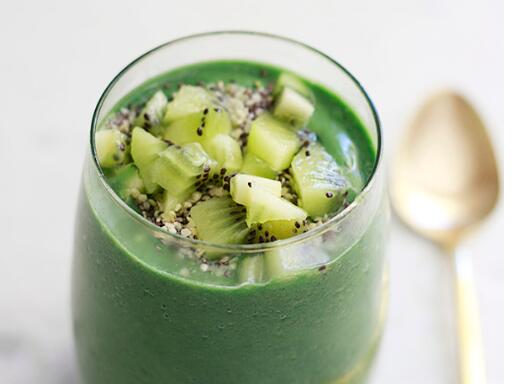 Pay attention to prevent diseases in autumn
Pay attention to prevent diseases in autumn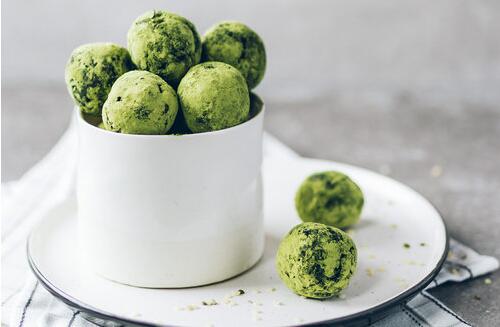 Easily discomfort in winter skin
Easily discomfort in winter skin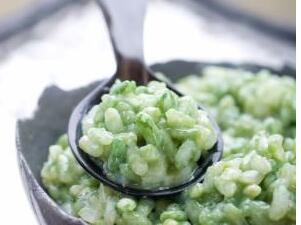 Autumn diet choices
Autumn diet choices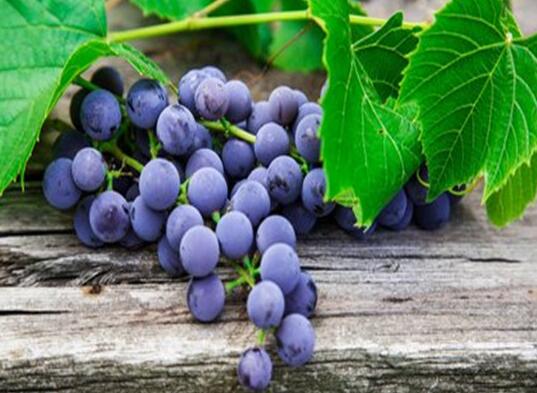 Eating bitter foods in the summer can help prevent fires
Eating bitter foods in the summer can help prevent fires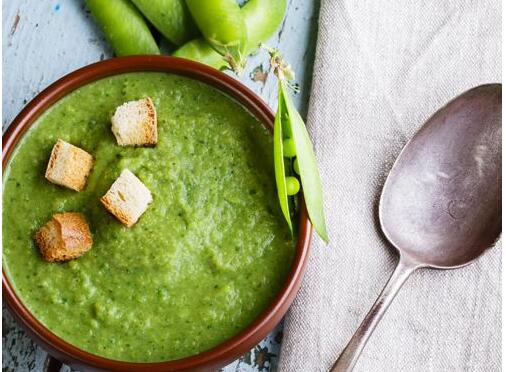 It’s easy to get sleepy in the fall.
It’s easy to get sleepy in the fall.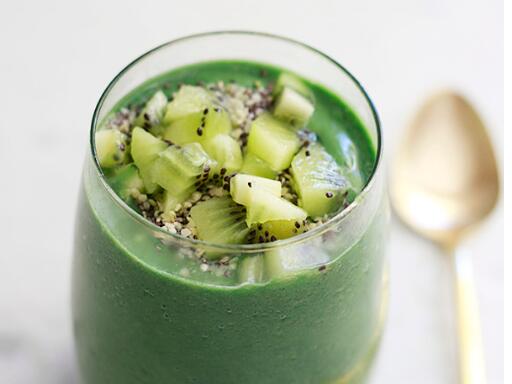 Is it easy to get a gelatin in the summer?
Is it easy to get a gelatin in the summer?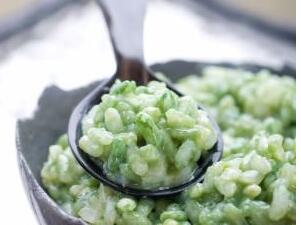 How to eat in the fall, this is very healthy.
How to eat in the fall, this is very healthy.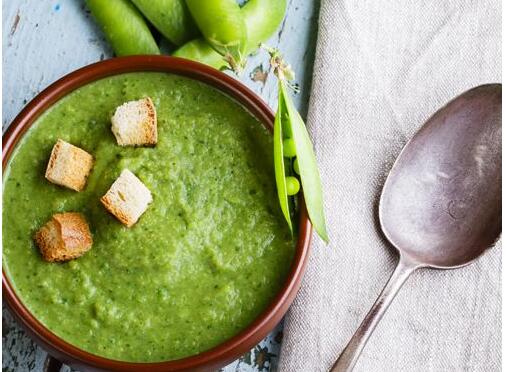 These foods are very effective in breast enhancement.
These foods are very effective in breast enhancement.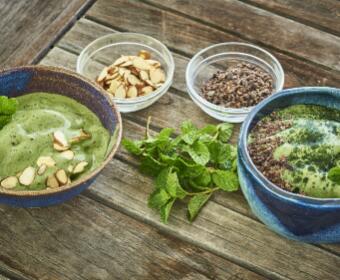 Keep a nap in the summer, avoid getting angry and help your health.
Keep a nap in the summer, avoid getting angry and help your health.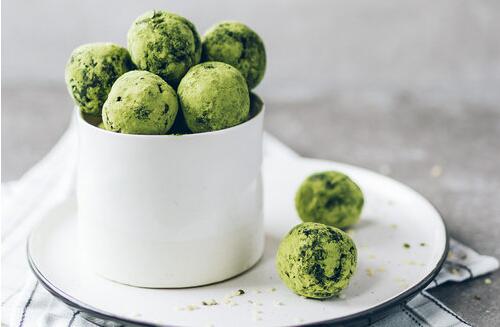 These parts should keep warm in winterThese parts should keep warm in winter
These parts should keep warm in winterThese parts should keep warm in winter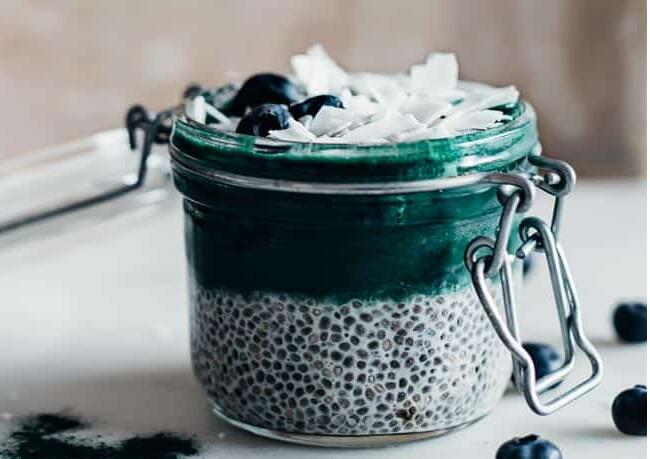 It is important to prevent colds in the fall.
It is important to prevent colds in the fall.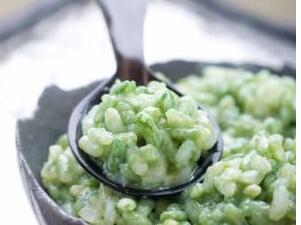 How to lose weight in autumn? It is very good to recommend these.
How to lose weight in autumn? It is very good to recommend these.
